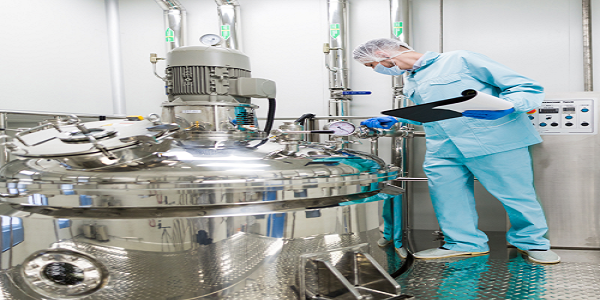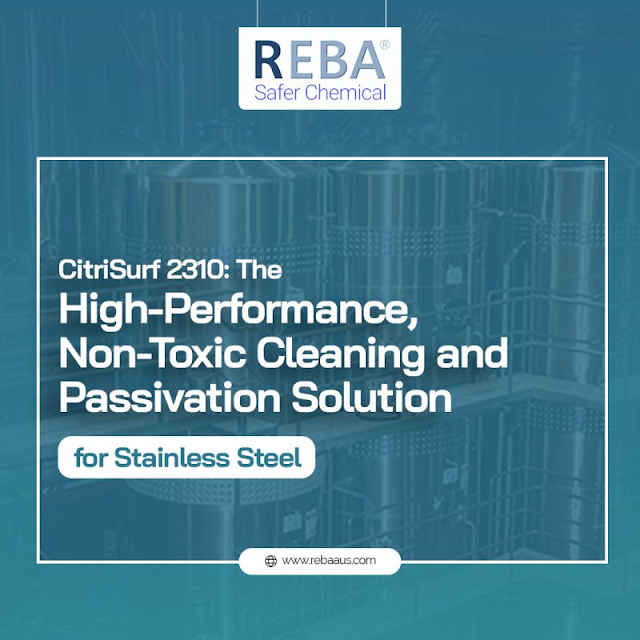All You Need to Know About Citric Acid Passivation
The process of Citric Acid Passivation is based on the state of the art technology using environmentally friendly and safe citric acid to remove free iron from the surface of stainless steel. Stainless steel is composed of a mixture of metals, mainly chromium, iron, nickel and in some cases manganese and molybdenum alongside other materials in some quantities. It is this distinctive mixture that allows the exclusive characteristics of corrosion resistance by developing an outer protective passive oxide layer. The surfaces of stainless steel can be made tremendously resistant to corrosion if they are properly passivated and cleaned before use. Even when it is 300 series austenitic stainless steel, once the corrosion site has started, it will only become worse, being continuous and self-catalyzing. In an environment that is highly corrosive, the growth of the corrosion site will increase rapidly. Thus, passivation and cleaning of services before use is crucial to attaining maximum resistance to corrosion.
On the other hand, nitric acid is very hazardous in nature which poses the risk for considerable personnel hazards, and threatens property as well. It is also a form of oxidizer which maximizes risk and expense. After its utilization, expensive treatment of waste is necessary before disposal and can make the user susceptible to long term liability under regulatory agencies.
Citric Acid Passivation represents state-of-the-art technology that is incredibly effective for Cleaning Rust from Stainless Steel and its passivation. If you are looking for superior and safer results and that too in minimal overall cost, then passivation using CitriSurf solution should be your choice.



Comments
Post a Comment